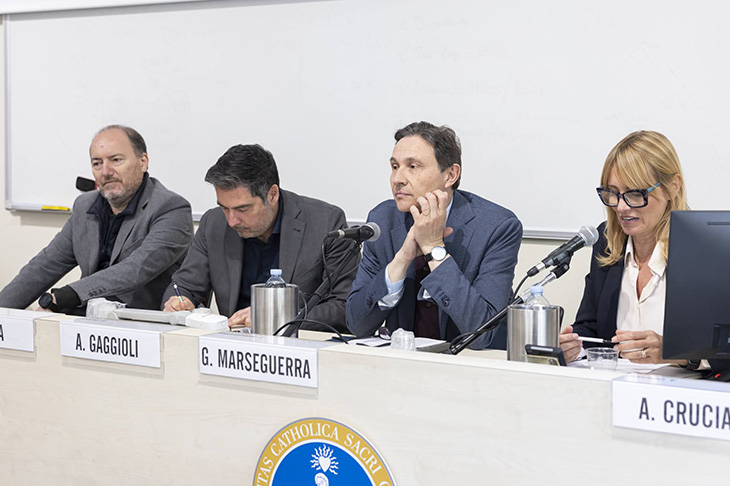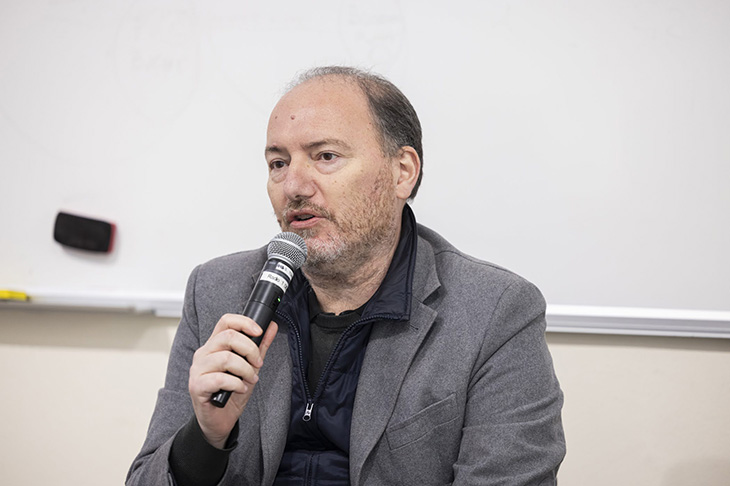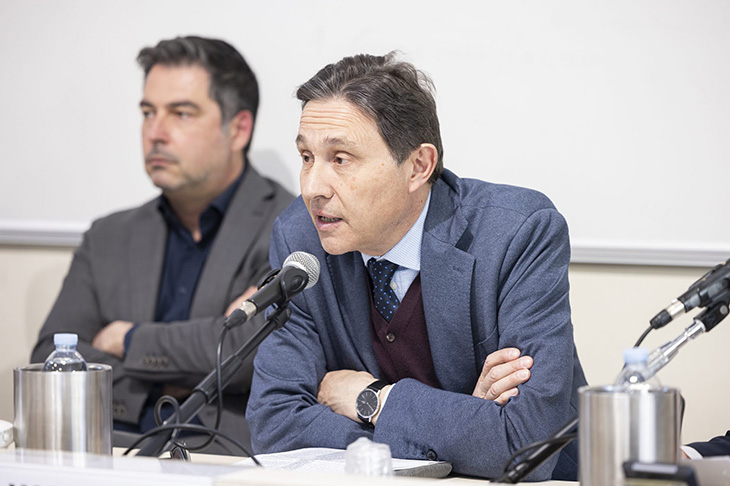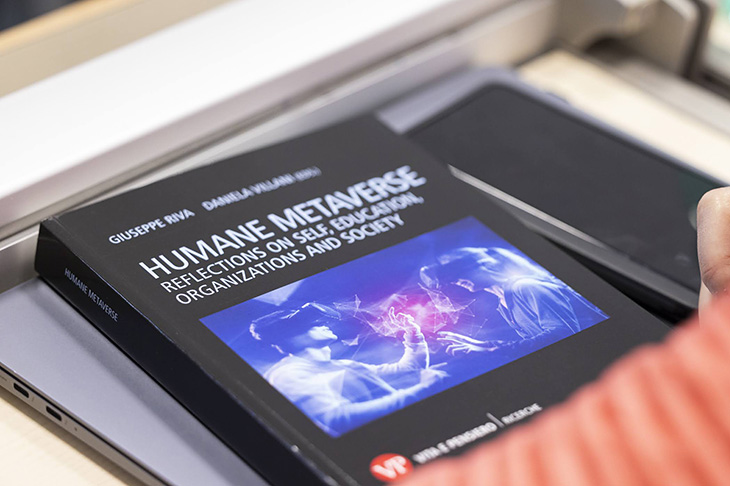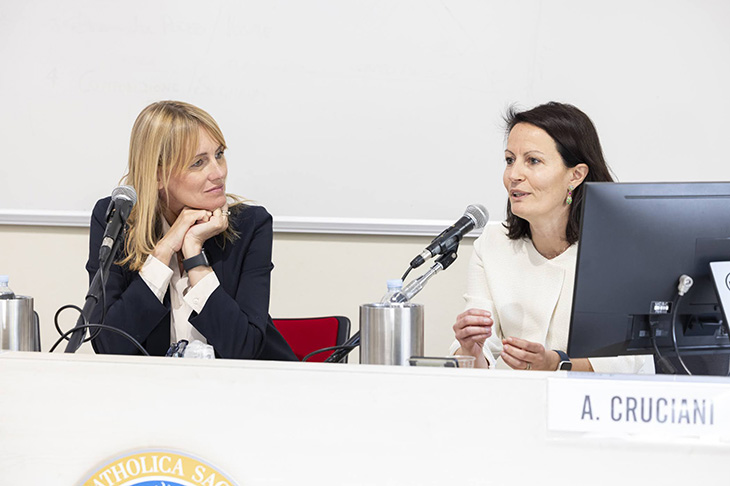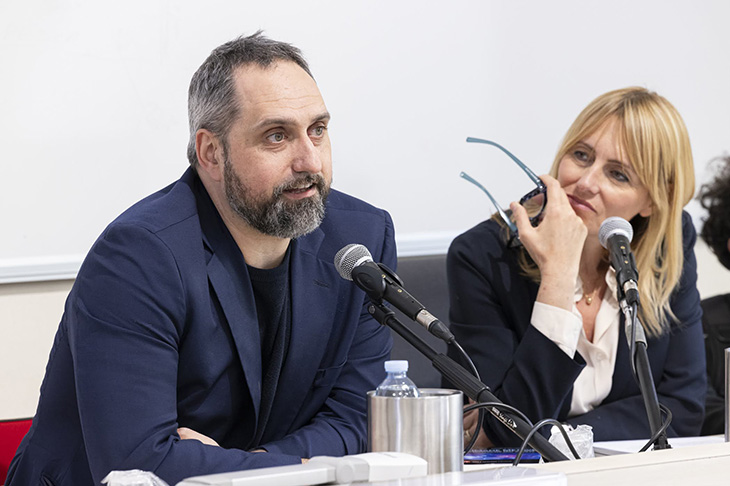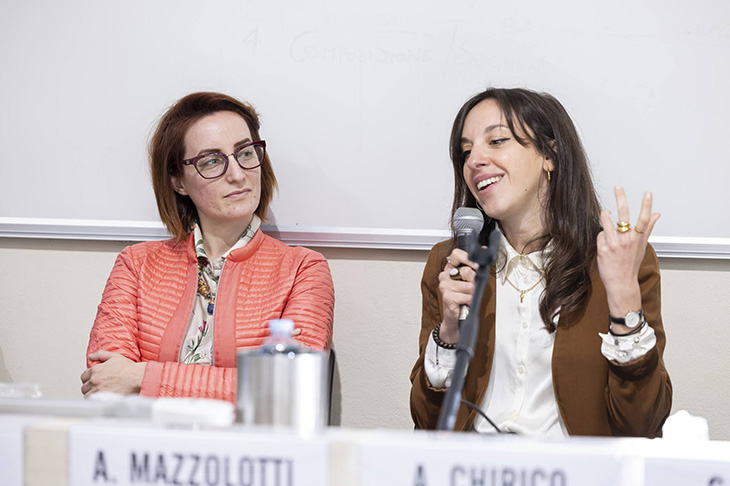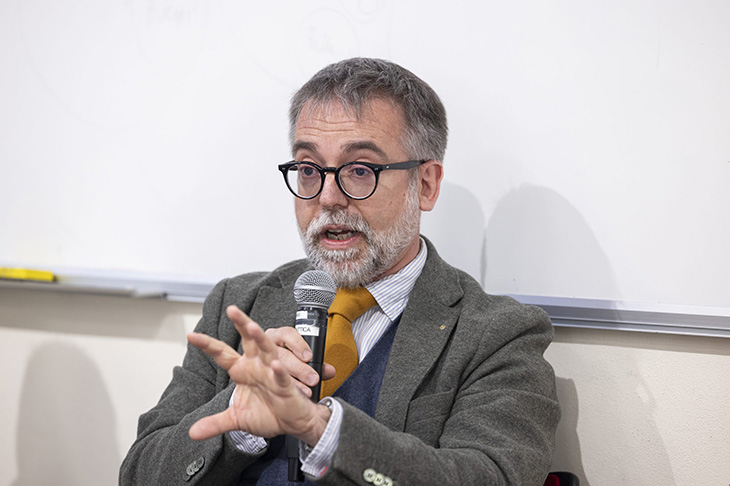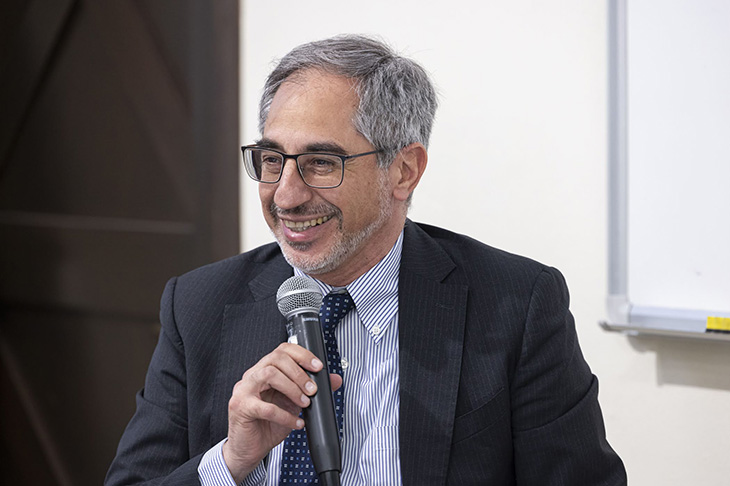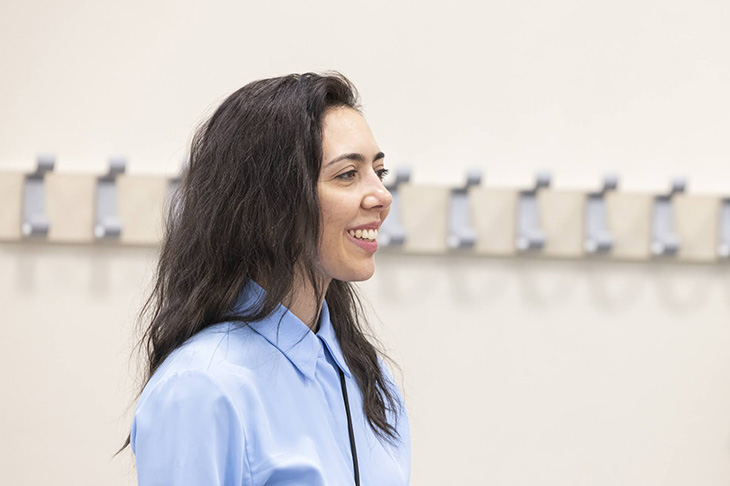
Where does the Metaverse stand? The future of technology, beyond the hype
An article by Francesco Berlucchi
According to the 2025 Future of Employment Report, published in January by the World Economic Forum, about 39% of current skills will be transformed or become obsolete by 2030, with a growing demand for technological skills. The report predicts the creation of 170 million new jobs worldwide, with a net increase of 78 million jobs. A large part of the professions will require skills that today we can only teach through advanced digital tools, such as virtual technologies and artificial intelligence.
How, then, do you face this training challenge? "At Università Cattolica del Sacro Cuore, the Metaversity project explores the potential of immersive teaching, designed on the needs of students and teachers," explains Andrea Gaggioli, director of the Center for Communication Psychology Studies (PsiCom) and coordinator of Metaversity, during "Humane Metaverse: the future beyond the hype. Theories, applications and experiences in comparison", the event organized by the university laboratories Humane Technology Lab (HTLab) and Teaching and Learning Lab (TeLeLab), in collaboration with PsiCom. "The goal is to design educational experiences that integrate artificial intelligence and virtual reality and that are accessible and inclusive."
There are three stages of Metaversity. The user research, which began in 2023, offered 12 immersive workshops involving over 90 faculty members from different disciplines and faculties, and an analysis of students' initial expectations of virtual worlds. With phase 2, from 2024, Metalabs , immersive teaching models developed on the basis of the results of user research, have been introduced. "They are, in other words, immersive instructional design experiences tailored to students and teachers, created on the Spatial.io platform, where teachers and students can meet, communicate and collaborate in real time, using avatars and thus opening a 'third way' between presence and distance," continues Professor Gaggioli. "The focus, once again, is not on technology but on the training objective. By making the lesson more engaging and effective."
In three years of experimentation in 15 courses, 590 students participated in the project, more than 70 hours of didactic co-design, two doctoral theses, five master's degree theses, two immersive laboratories with training credits and three scientific publications were carried out . Among the latter, the volume Humane Metaverse. Reflections on self, education, organizations and society, published by Vita e Pensiero (2024), presented in September in Tempe, Arizona, at the Cybertherapy & Social Networking Conference, the 27th annual conference on cyberpsychology, cybertherapy and social networking.
"The book represents the synthesis of the joint reflection of many colleagues at the university on the applications of virtual reality and the Metaverse in different contexts," explains Daniela Villani, professor of General Psychology at Università Cattolica and coordinator of the Digital Media, Psychology and Wellbeing Research Unit of the Department of Psychology. "It contains not only a psychological perspective, but also that of other disciplines, such as philosophy, sociology, economics, medicine, communication. A clear reflection of the challenges, opportunities and processes solicited through the Metaverse".
"The digitalization of educational environments today makes possible new and extraordinary opportunities for educational innovation," commented Giovanni Marseguerra, director of TeLeLab, during the event moderated by Alessia Cruciani, journalist of Corriere della Sera. "Università Cattolica has been studying and experimenting with new technologies for some time, with great passion but also with great attention. Experimentation nurtures research, and research is fundamental in inspiring how to experiment. As Father Agostino Gemelli, founder of Università Cattolica, said, those who live in the past cannot be educators."
The applications of the Metaverse are both industrial and consumer. "Among its main applications, there is the ability to shorten the time between the idea and the possibility of being able to test it: therefore, new product development and rapid prototyping," explains Lucio Lamberti, scientific director of Metaverse Marketing Lab at the Politecnico di Milano, during the event at Università Cattolica. "At the consumer level, on the other hand, there is the possibility of socializing and getting in touch with more in-depth forms of content."
What, then, is the state of health of the Metaverse? "For a dead man, he's not doing so badly. To be alive, he's not doing so well," replies Professor Lamberti. "As a term, it has been profoundly influenced by its media echo. If we separate the technological component of mixed and extended virtual reality from the theme of interconnected worlds, the Metaverse is more alive than ever. On the latter, however, artificial intelligence can be an accelerator of a phenomenon that will be more futuristic in any case."
"We talk about the Metaverse beyond the hype, but what is the Metaverse for?" asks Giuseppe Riva, director of HTLab. "One of the heart of a psychologist's work is the process of change. To help people change, we always start with experience. The problem is that the experience is difficult to control. The Metaverse enables just that: it is a technology that, for the first time, builds an experience that makes us different." Even inside the classrooms of the University.
The article is published on Secondo Tempo.
